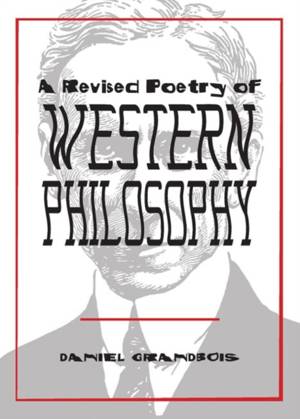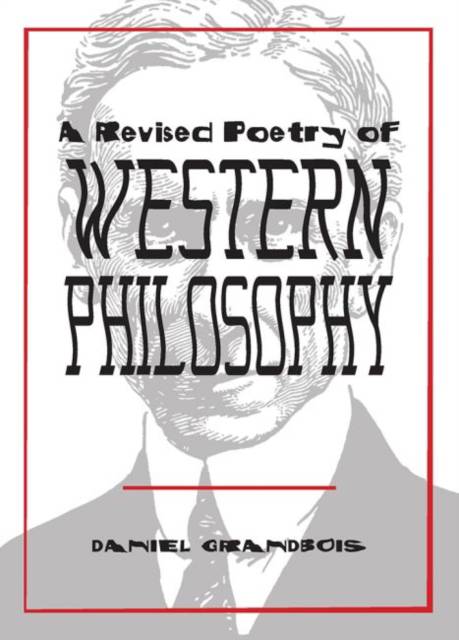
- Afhalen na 1 uur in een winkel met voorraad
- Gratis thuislevering in België vanaf € 30
- Ruim aanbod met 7 miljoen producten
- Afhalen na 1 uur in een winkel met voorraad
- Gratis thuislevering in België vanaf € 30
- Ruim aanbod met 7 miljoen producten
Zoeken
€ 27,95
+ 55 punten
Omschrijving
Bertrand Russell finds himself in purgatory, tumbling through literal representations of the worlds of ideas he examined in his classic text, A History of Western Philosophy, gulping much-needed air, for example, from Empedocles' bucket. Mistaking his erection for a planted flag, he declares the place Platonopolis, attempts to calculate his Pythagorean number, kills God (though he later sees evidence of His resurrection), and, Rousseau-like, turns away from reason and civilization, favoring the noble savage, only to march back into the concrete jungle as one of Nietzsche's savage nobles. In the end, however, he is all jumbled up and clucking like Einstein's cuckoo clock, until he perceives philosophy as music, hears its arguments as a symphonic procession of the electrochemical pulses produced within three-pound lumps--lumps self-amalgamated from the vomitus of stars--and revises his History.
Specificaties
Betrokkenen
- Auteur(s):
- Uitgeverij:
Inhoud
- Aantal bladzijden:
- 112
- Taal:
- Engels
- Reeks:
Eigenschappen
- Productcode (EAN):
- 9780822964322
- Verschijningsdatum:
- 1/11/2016
- Uitvoering:
- Paperback
- Formaat:
- Trade paperback (VS)
- Afmetingen:
- 145 mm x 201 mm
- Gewicht:
- 158 g

Alleen bij Standaard Boekhandel
+ 55 punten op je klantenkaart van Standaard Boekhandel
Beoordelingen
We publiceren alleen reviews die voldoen aan de voorwaarden voor reviews. Bekijk onze voorwaarden voor reviews.








